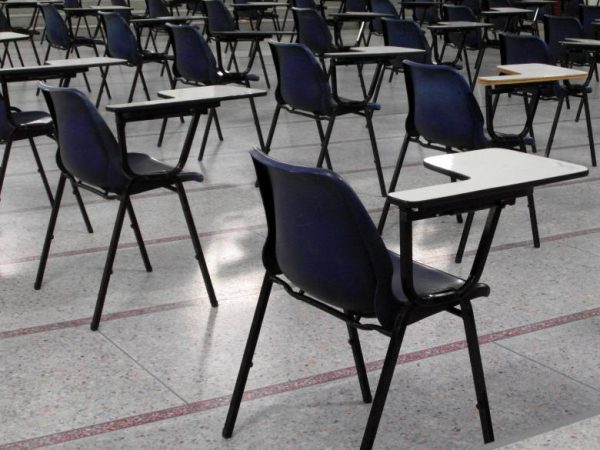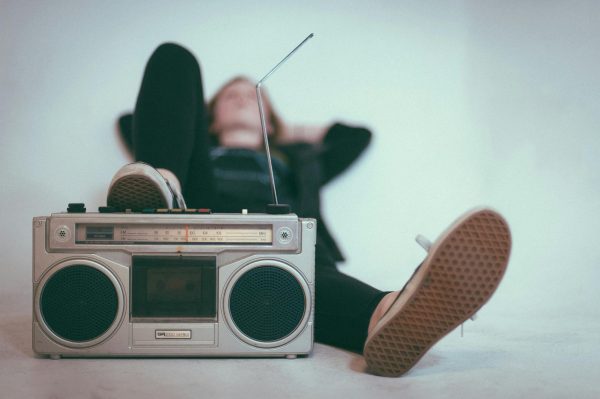Winter Months Bring Mental Health Struggle for Teens
How seasonal depression alters students’ ability to function
KENNEDY HOLSAPPLE
Seasonal depression, or seasonal affective disorder (SAD) is a type of clinical depression that typically presents during winter months when there is less natural sunlight and people are stuck indoors.
According to the National Institute of Mental Health, research leads scientists to believe low serotonin levels could be the cause. Sunlight helps to control certain molecules that regulate serotonin levels, so in people with SAD, the regulation falls off balance and levels are decreased. Overproduction of melatonin, a chemical regulating sleep, can cause additional sleepiness. Longer nights also cue the body to produce melatonin further into the day. When melatonin and serotonin levels are irregular, the disruption to one’s daily rhythm makes it difficult to function.
“Naturally, depression is very difficult on adolescents because life doesn’t stop even when we’re feeling depressed, or when it’s difficult to get out of bed, or when it’s hard to focus and concentrate,” licensed clinical social worker and psychotherapist Kate Miles said. “Those can create tremendous obstacles for adolescents who still have the same demands of showing up for school, not only for their academics but also for their social life.”
This pressure can feel extremely overwhelming to people with SAD while hopelessness can start to set in, and sometimes it just feels easiest to do nothing at all.
“It’s hard to get out of bed in the morning with seasonal depression. I’ve decorated my room in a way that I enjoy being in it, so when I go from a vibrant, warm bedroom to a gray world, it sucks,” said junior Teagan Appnel.
During the fall, Appnel was part of the school play “Puffs,” which took up a majority of her time and energy. Once the play was over, which coincided with the beginning of winter, she started sleeping more and doing less activities that required her to get active.
“I started taking too many unnecessary naps that made me feel worse. It became hard to do my homework and study,” Appnel said.
Junior Bella Benoit had a similar experience, and feels the toll of seasonal depression the most when she spends less time with her friends and more time studying.
“It gets worse when it’s colder, and I can’t be outside as much,” Benoit said. “I feel tired all the time and have no motivation.”
As the causes for seasonal depression can greatly vary, so can the treatment. The very first step, though, should usually be talking to someone trustworthy.
“If a teen doesn’t feel comfortable bringing it up to their parent, that’s when school counselors can be helpful,” Ms. Miles said. Counselors can advocate for a teen’s mental health if they’re unable to do it themselves.
Ms. Miles also recommends visiting a primary care doctor. They can check for vitamin deficiencies, prescribe anti-depressants, or point people in the right direction for their next step of treatment. Talk therapy can also be a great next step, and using a light therapy lamp for even 10-15 minutes a day during the winter can make a difference.
“I try to look for things to do after school, talk to my friends more, and take care of myself more,” Appnel said. Even adding in simple activities to their daily routine can boost their mood.
“Support is what helps us get through difficulty. Teens are not supposed to do it all on their own, but they can still be independent and self-sufficient while still getting help from others,” Miles said. “Even within friend groups talking about it opens up a pathway for everyone to share not only the good things, but also the struggles, so even as teens they can support one another.”
Your donation will support the student journalists of East Lyme High School. Your contribution will allow us to purchase equipment and cover our annual website hosting costs.



